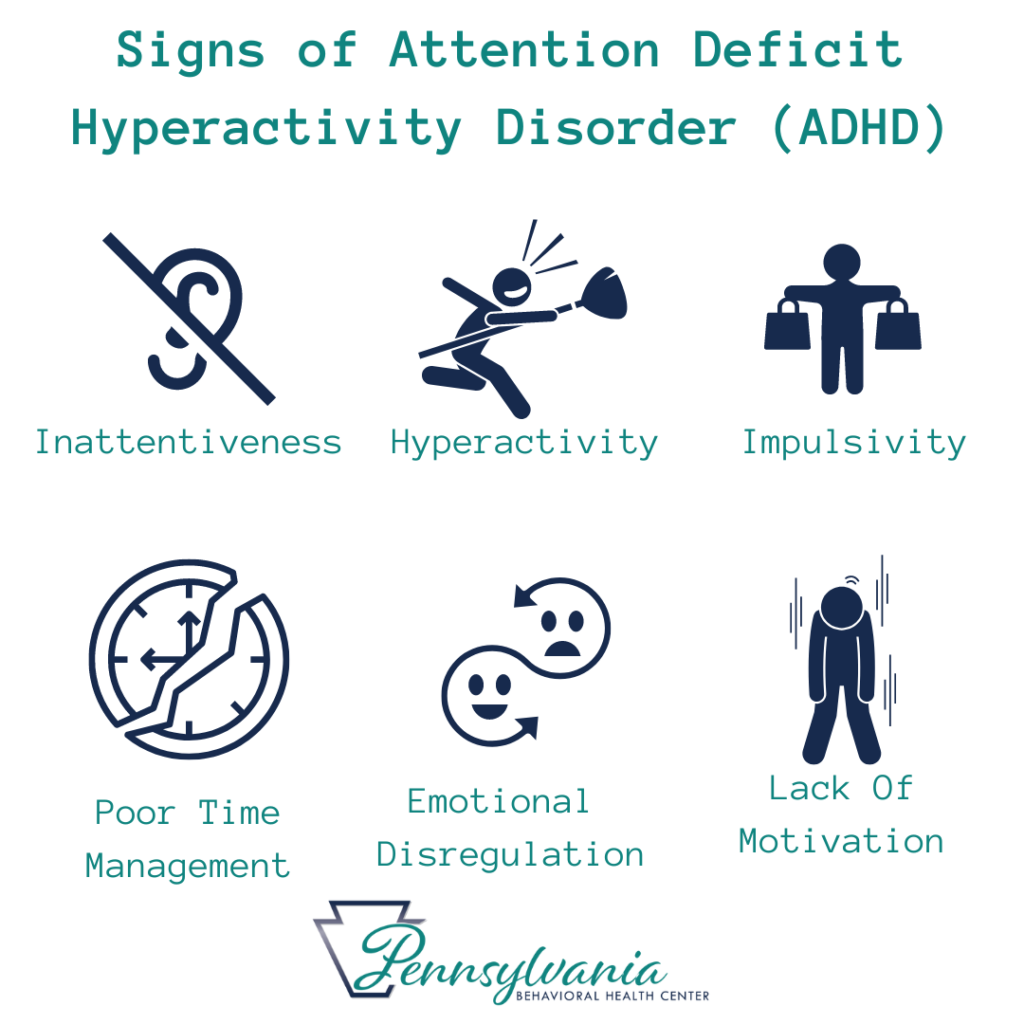Your Guide to Locating the Right ADHD Treatment for Lasting Results
Navigating the complexities of ADHD treatment needs a nuanced understanding of both the disorder and the myriad options readily available for efficient administration. It is important to acknowledge that what works for one person might not always generate the same outcomes for one more.
Understanding ADHD and Its Influence

In grownups, ADHD can result in challenges in office atmospheres, impacting productivity, time administration, and interpersonal connections. Commonly, undiagnosed or poorly handled ADHD can add to co-occurring mental health concerns, such as anxiety and depression, additional complicating an individual's overall health.
The social assumption of ADHD can differ, leading to preconception and misconception, which might hinder individuals from seeking help. As recognition grows, it is important to cultivate a setting that promotes understanding and assistance for those impacted by ADHD, emphasizing the need for accurate medical diagnosis and customized methods to mitigate its influence on daily life.
Summary of Treatment Alternatives
A comprehensive strategy to treating ADHD incorporates a selection of options tailored to the individual's distinct demands. These options can broadly be categorized right into behavior interventions, psychoeducation, and way of living modifications, together with medicinal therapies that may be checked out later on.
Behavioral treatments, such as cognitive-behavioral treatment (CBT), concentrate on modifying particular behaviors and creating coping strategies to manage signs properly. Psychoeducation plays a critical function in encouraging both individuals and their households by providing info about ADHD, its challenges, and efficient techniques for assistance.
Lifestyle modifications can considerably impact ADHD administration. Routine exercise, a well balanced diet regimen, and appropriate sleep contribute to overall well-being and signs and symptom control. Mindfulness practices and relaxation strategies can also enhance emphasis and decrease impulsivity.
Support teams and household therapy can foster a feeling of area and understanding, assisting people really feel much less separated in their experiences. Each treatment alternative ought to be considered along with the person's choices and conditions, ensuring an all natural method that advertises long-term success. Eventually, the goal is to create an individualized therapy strategy that deals with the details difficulties connected with ADHD while improving total lifestyle.
Medicine: Advantages And Disadvantages
Drug plays a pivotal role in the treatment of ADHD, with various alternatives readily available that can dramatically relieve signs and symptoms for numerous individuals. Stimulants, such as methylphenidate and amphetamines, are frequently suggested and have revealed performance in boosting focus, minimizing impulsivity, and enhancing general behavior. These drugs work by boosting dopamine and norepinephrine degrees in the brain, which are frequently dysregulated in those with ADHD.
Some people may experience side effects, consisting of insomnia, decreased cravings, or boosted anxiety. Furthermore, not all clients react to stimulant medications, leading some mental health counselor near me to explore non-stimulant choices, which may have a delayed start of action or various side results.
It is important for people and their families to weigh these pros and disadvantages very carefully. Stabilizing the benefits of symptom management versus potential negative effects is critical for attaining optimal treatment results. Partnership with healthcare carriers can assist in enlightened choices, making sure that drug becomes part of a comprehensive ADHD management strategy.
Behavior Modification Methods

One typically employed approach is Cognitive Behavior modification (CBT), which aids individuals recognize and transform adverse idea patterns that add to ADHD-related challenges. Therapist for ADHD. Via CBT, clients learn to establish practical objectives, handle time properly, and develop organizational systems
One more effective technique is Parent Management Training (PMT), which educates moms and dads on just how to reinforce positive habits and decrease adverse ones via constant self-control and communication methods. This technique fosters an encouraging home environment kid psychiatrist near me that motivates behavioral enhancements.
Social abilities training is additionally integral, helping individuals with ADHD browse social communications better. Role-playing and modeling appropriate habits can boost social competence and lower anxiousness in social situations.
Lifestyle Modifications for Better Management
Just how can lifestyle changes substantially enhance the management of ADHD signs and symptoms? Carrying out calculated lifestyle adjustments can bring about considerable renovations in focus, organization, and emotional law for individuals with ADHD.
First of all, establishing a structured daily regimen helps in creating predictability, which can ease sensations of overwhelm. Regular timetables for meals, study, and rest can boost daily functioning.
Incorporating routine physical task is likewise critical, as exercise has been revealed to psychiatrist for teenager enhance dopamine degrees, improving focus and motivation (Therapist for ADHD). Going for at the very least half an hour of modest workout most days can be helpful
Nutrition plays a crucial duty as well. A balanced diet plan abundant in omega-3 fatty acids, whole grains, and healthy protein can support cognitive function. Limiting processed sugars and caffeine might lower signs and symptoms, as these can cause power accidents and irritability.
Final Thought
In conclusion, locating the right ADHD therapy necessitates a complex technique that considers private needs and choices. A mix of medication, behavioral therapy, and lifestyle alterations can considerably boost sign monitoring and general well-being. Participating in psychoeducation and establishing structured routines additionally sustains effective treatment strategies. Cooperation with healthcare experts and open communication with support networks are vital parts in navigating the intricacies of ADHD monitoring, inevitably bring about lasting results and enhanced quality of life.